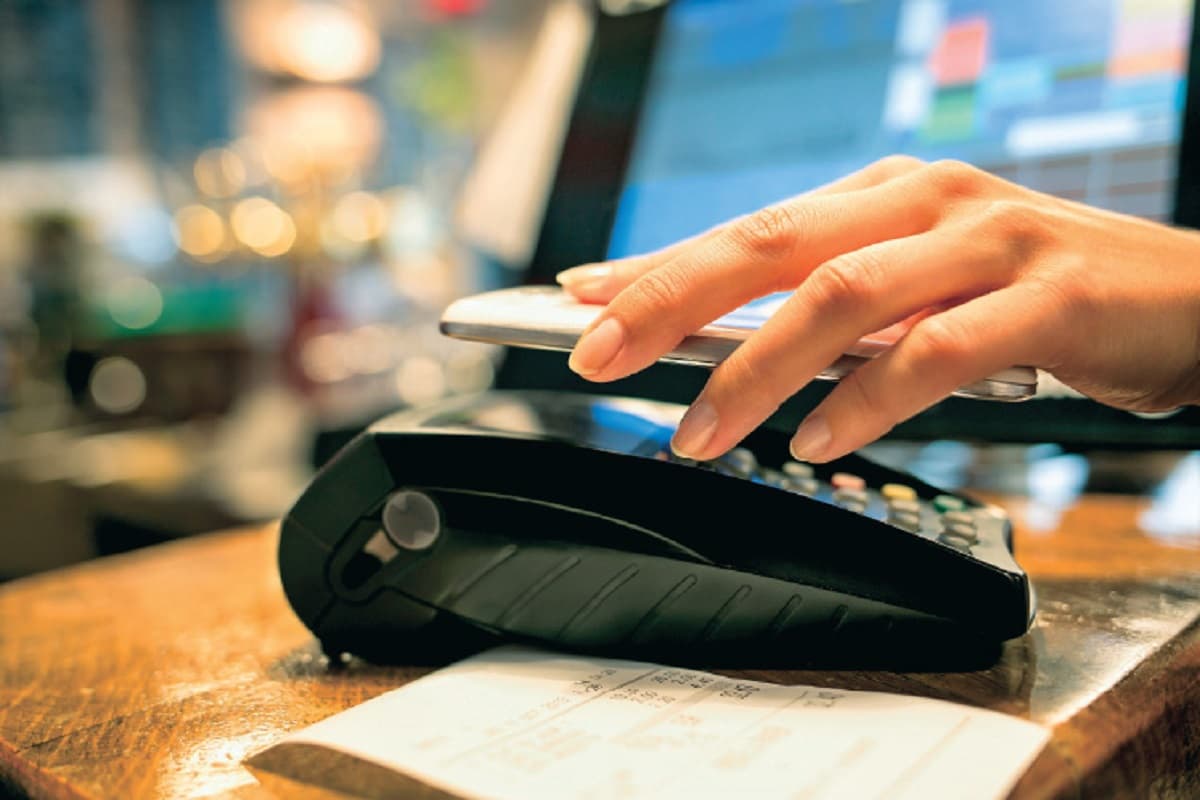
KUALA LUMPUR (Dec 30): At least six out of 10 Malaysians depend more heavily on the various forms of contactless payment, according to the UOB ASEAN Consumer Sentiment Study.
In a statement today, UOB Malaysia said the survey indicated that payment through mobile banking is the most popular choice of contactless payment, as 69% of Malaysian respondents said they used mobile payment more frequently during the pandemic.
It said other contactless payment and transaction services that have become preferred payment options in Malaysia include Quick Response (QR) code payments (65%), internet banking (65%) and mobile wallet debit or credit cards (60%).
According to the survey, each age group has a preference when it comes to contactless payments.
It showed that 75% of Generation Y, aged 24 to 39, relied mostly on mobile banking, while 76% of Baby Boomers, aged 56 and above, preferred internet banking.
Meanwhile, Generation X, aged 40 to 55, displayed a preference for QR code payments (64%).
UOB Malaysia said despite the increasing frequency of contactless payments’ usage, two-thirds of the respondents still likely used cash at least once a week.
It said the study further showed that about nine out of 10 consumers are willing to go entirely cashless if more initiatives are put in place to support digital payments.
UOB Malaysia’s managing director and country head of personal financial services Ronnie Lim said the findings reflect consumers’ preference on payment solutions based on convenience and needs, especially during the pandemic that minimises physical contact among people.
“The pandemic has accelerated the adoption of contactless payments in Malaysia. In the first 11 months of this year, the total number of digital fund transfers through our all-in-one mobile banking app, UOB Mighty, grew more than 76% compared with the previous year.
“From what we have seen, customers prefer to use our mobile banking service to make fund transfers and to pay their bills. According to UOB Malaysia’s data, DuitNow was the most used digital payment function on the app, accounting for 74% of all digital transactions carried out in the first eleven months of the year,” said Lim.
For the contactless payment options, Malaysians expect improvements including a wider variety of cashless payment options (94%), better security (94%) and greater ease of use (93%). To address consumers’ needs on speed, security and convenience, Lim further explained that the company enhanced UOB Mighty, its own mobile banking app. The app incorporates a QR code payment function, enabling customers to scan a QR code to make transactions safely.
The company also improved the app’s user interface for easier access to both the DuitNow payment function and the UOB Mighty Secure digital security token on the home screen once the customers log into the app.
The UOB ASEAN Consumer Sentiment Study also tracked people’s spending habits during the pandemic. It also found that during the pandemic, 55% of Malaysian respondents are spending more, while 27% are spending less.
“When asked about the items that they had been spending more on since Covid-19 restrictions came into effect, 67% of consumers said groceries and 63% said food deliveries.
“Half of them reported increased spending for internet services, online learning and health supplements. The survey also shows that the top categories in Malaysia for reduced expenditure are travel (68%), jewellery (57%), clothes (49%) and homeware and furniture (45%),” said UOB Malaysia.
Lim said drawing the interpretation from the spending patterns, UOB Malaysia recently launched the country’s first artificial intelligence (AI)-based digital banking service earlier in October.
He said the AI-based app, Mighty Insights, was said to help customers track and manage their finances including savings and expenses without much hassle.
Lim said it is available in app stores such as Google Play, the Apple App Store or Huawei AppGallery.
“Using UOB’s proprietary AI-driven predictive analytics engine, machine learning and pattern recognition algorithms, Mighty Insights provides customers with personalised insights based on their banking and spending patterns, offering them the most suitable financial solutions to help them save and spend wisely.
“With the assistance of these meaningful insights, our customers can learn to anticipate and to manage their cash flow while increasing savings and reducing debt. This will help them to gain greater control of their finances,” Lim said.
The survey was conducted by UOB in July 2020 among more than 3,500 individuals aged between 18 and 65 across five ASEAN markets, namely Indonesia, Malaysia, Singapore, Thailand and Vietnam.
In terms of using cashless payments frequently during the pandemic, Malaysian consumers were only behind those in Singapore (70%) but ahead of Vietnam (64%), Indonesia (63%) and Thailand (51%).
The UOB ASEAN Consumer Sentiment Study defines the age group for each generation as the following: Generation Z: aged 18 to 23, Generation Y: aged 24 to 39, Generation X: aged 40 to 55, and the Baby Boomer Generation: aged 56 and above.